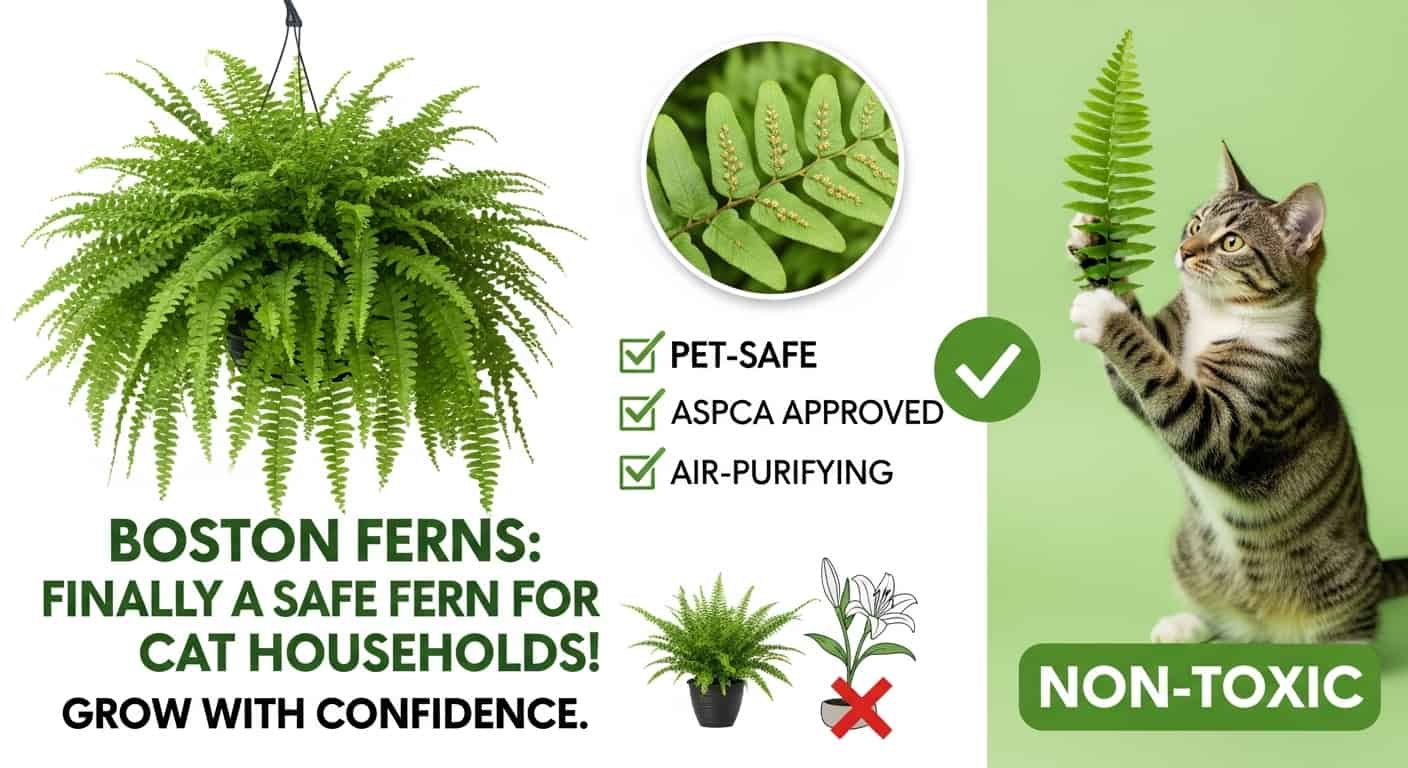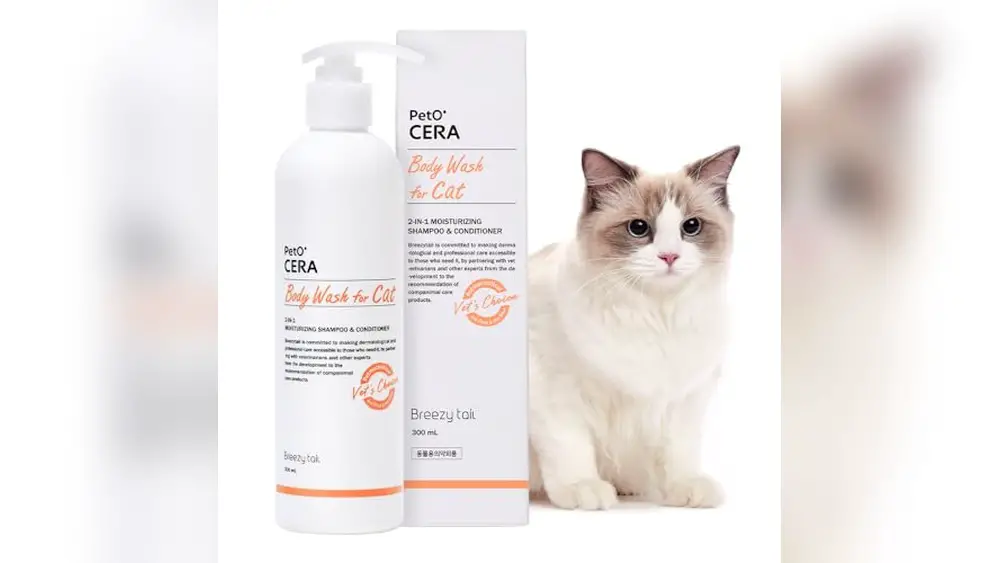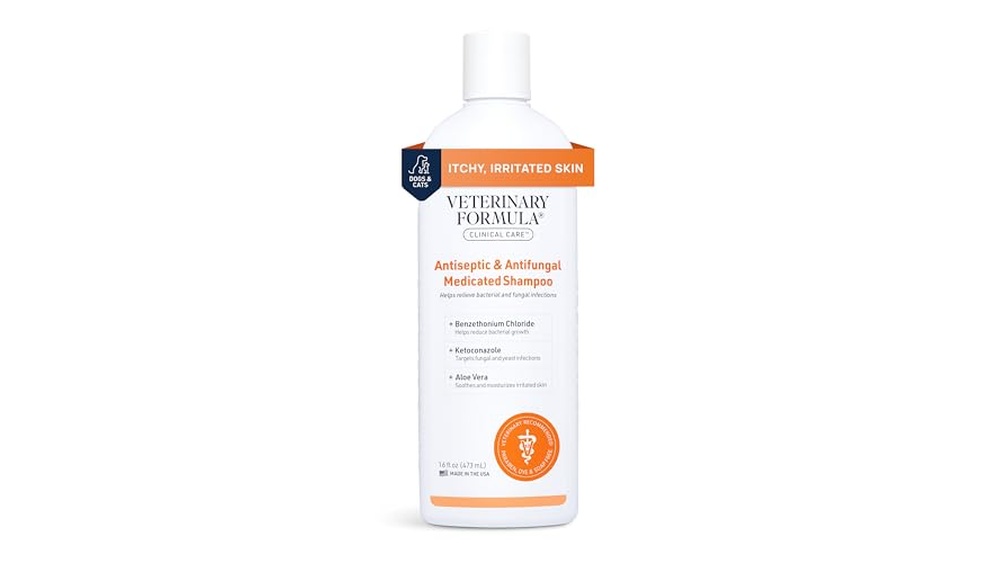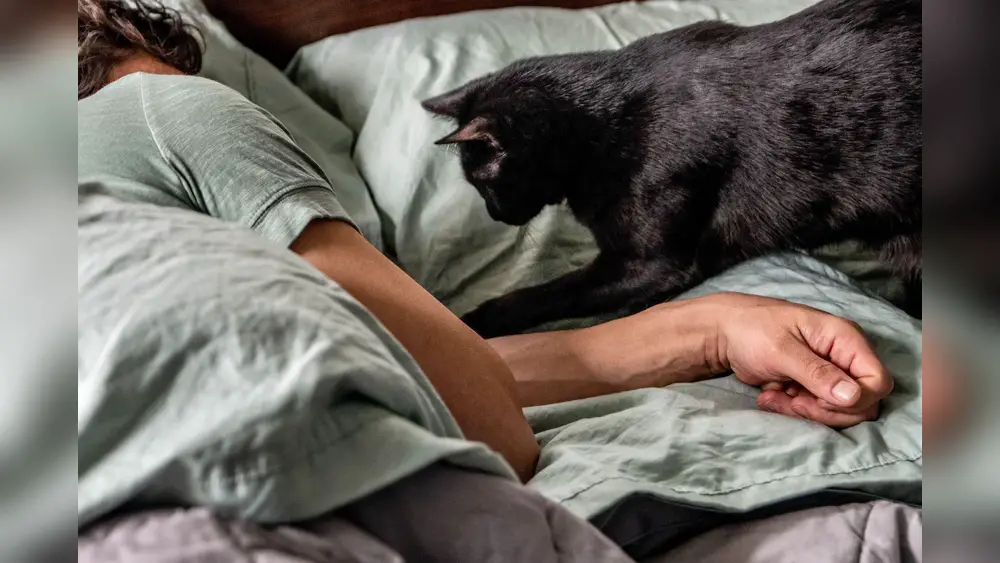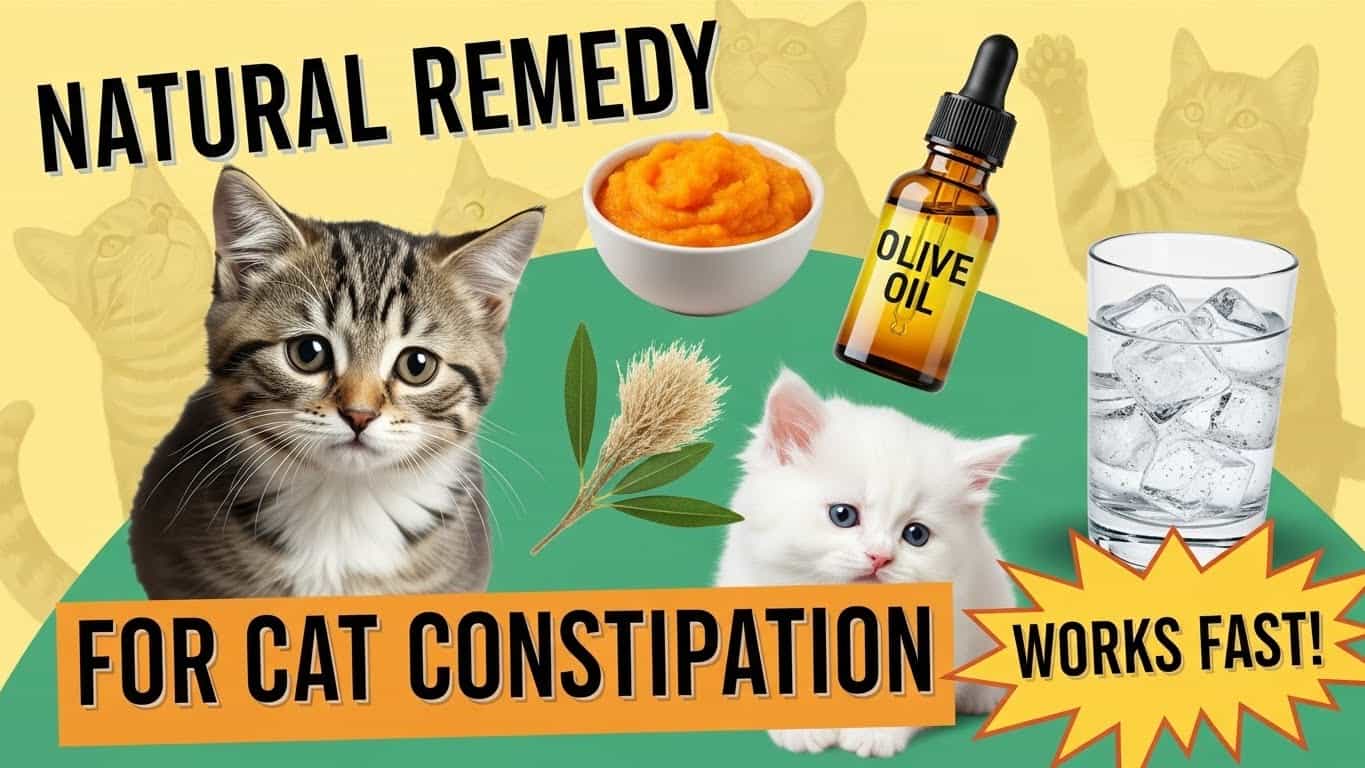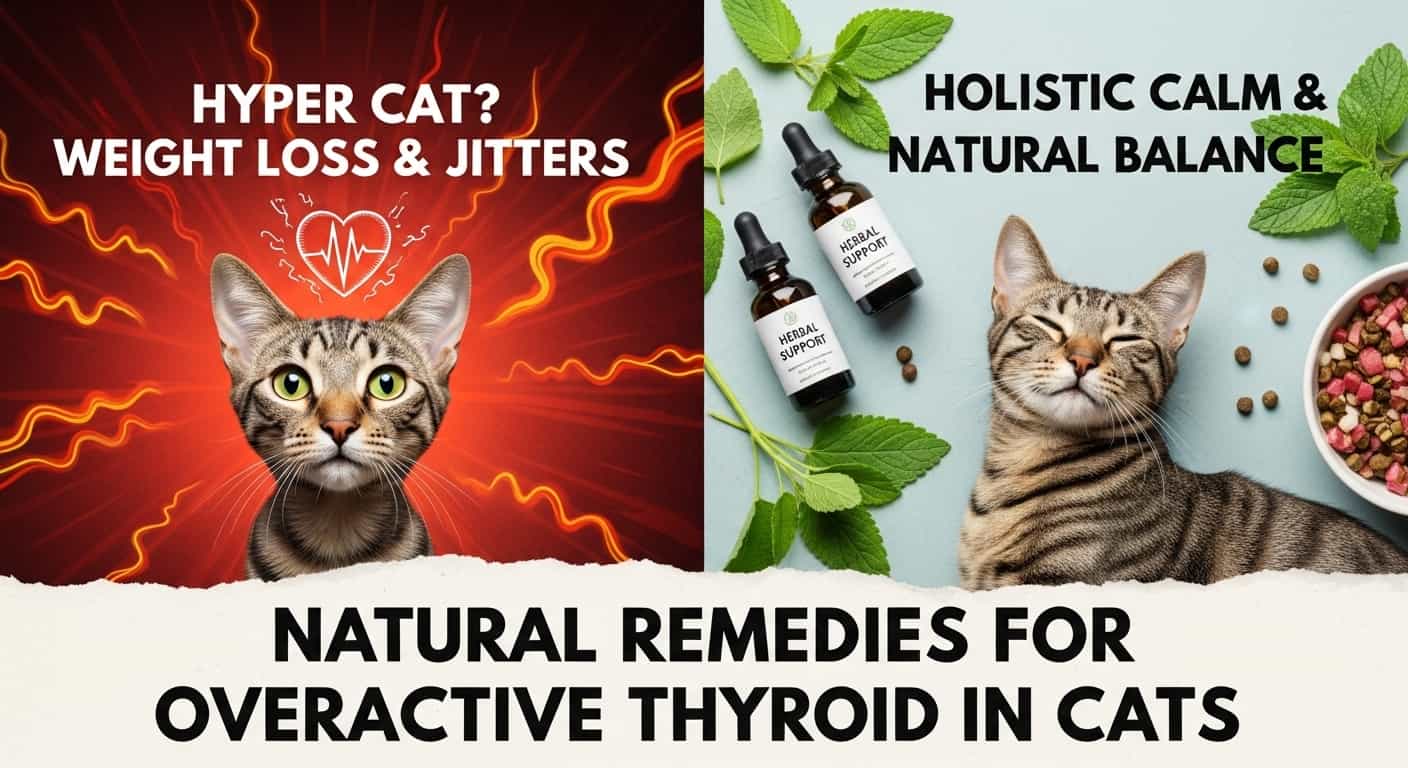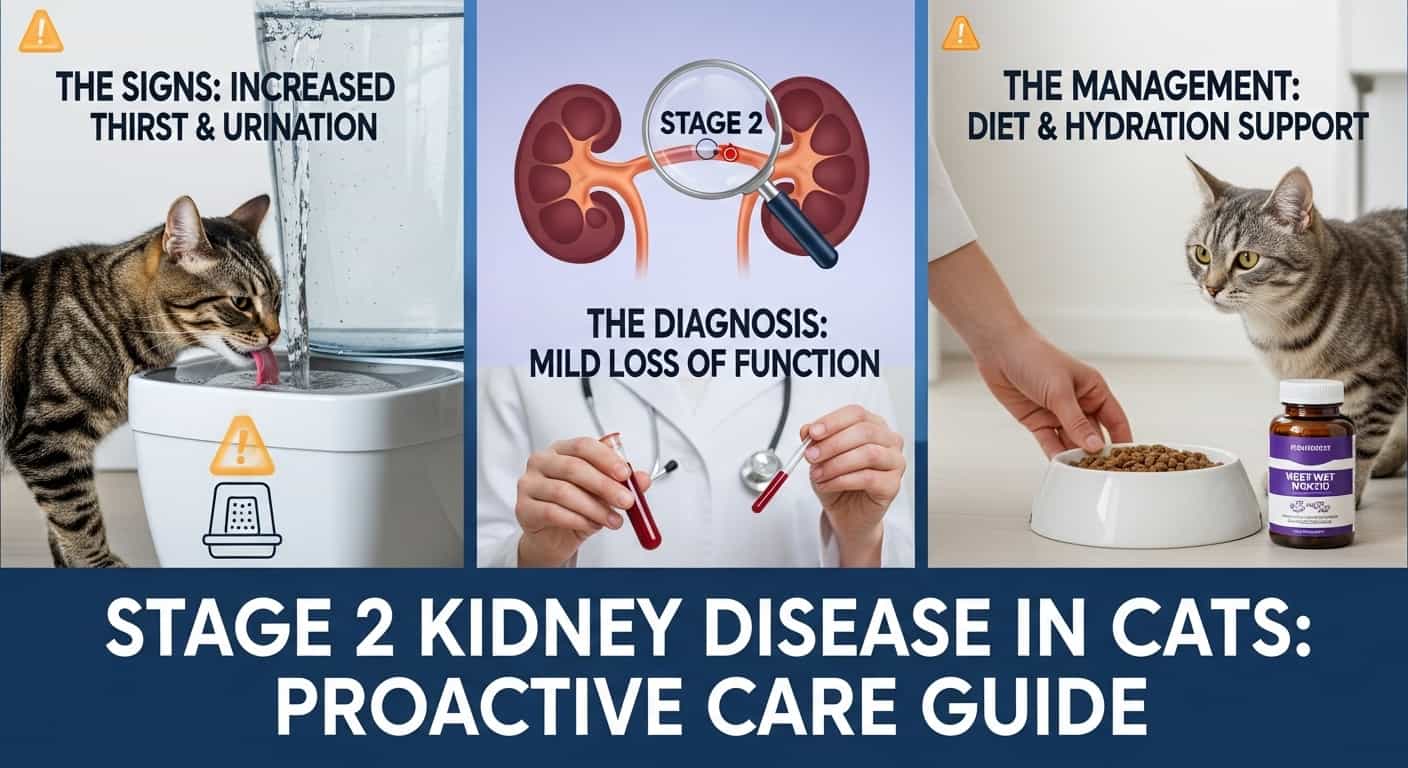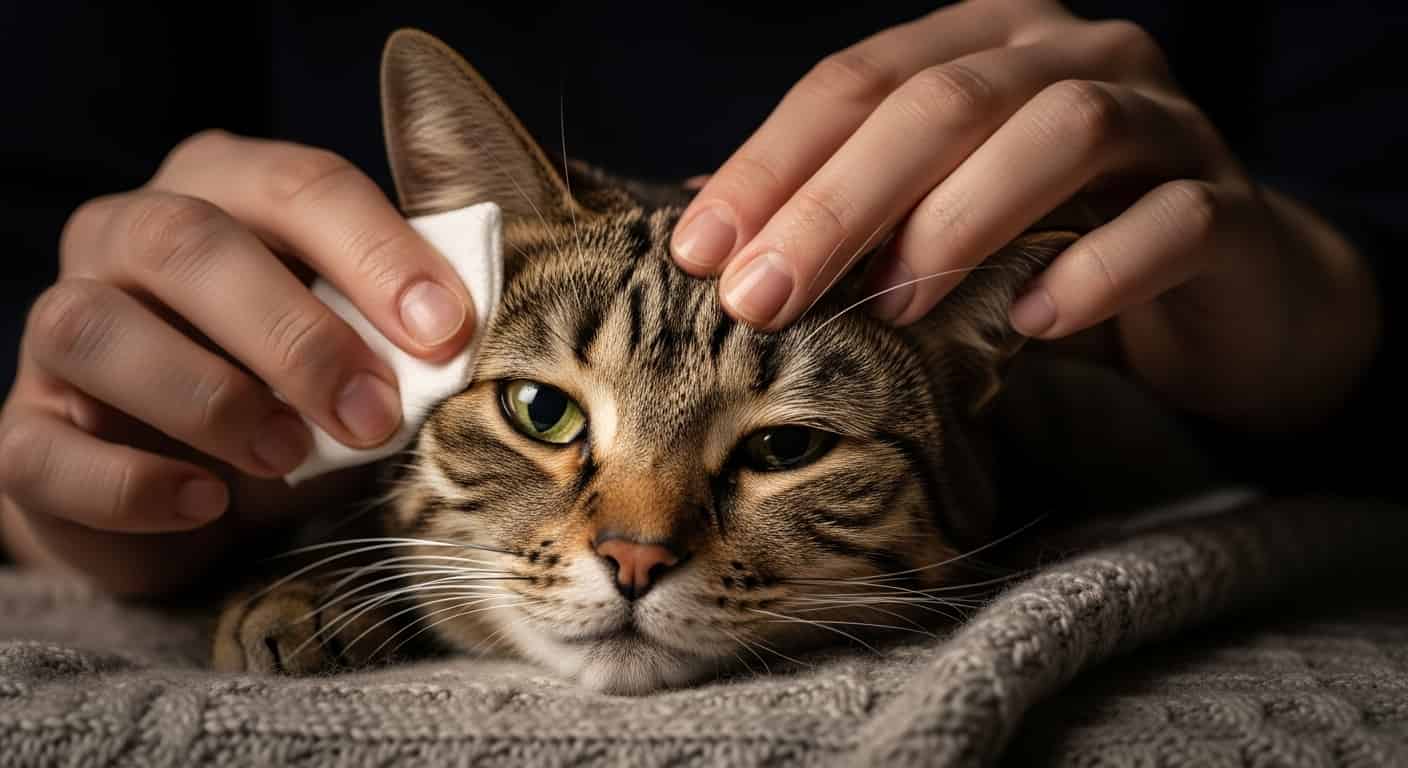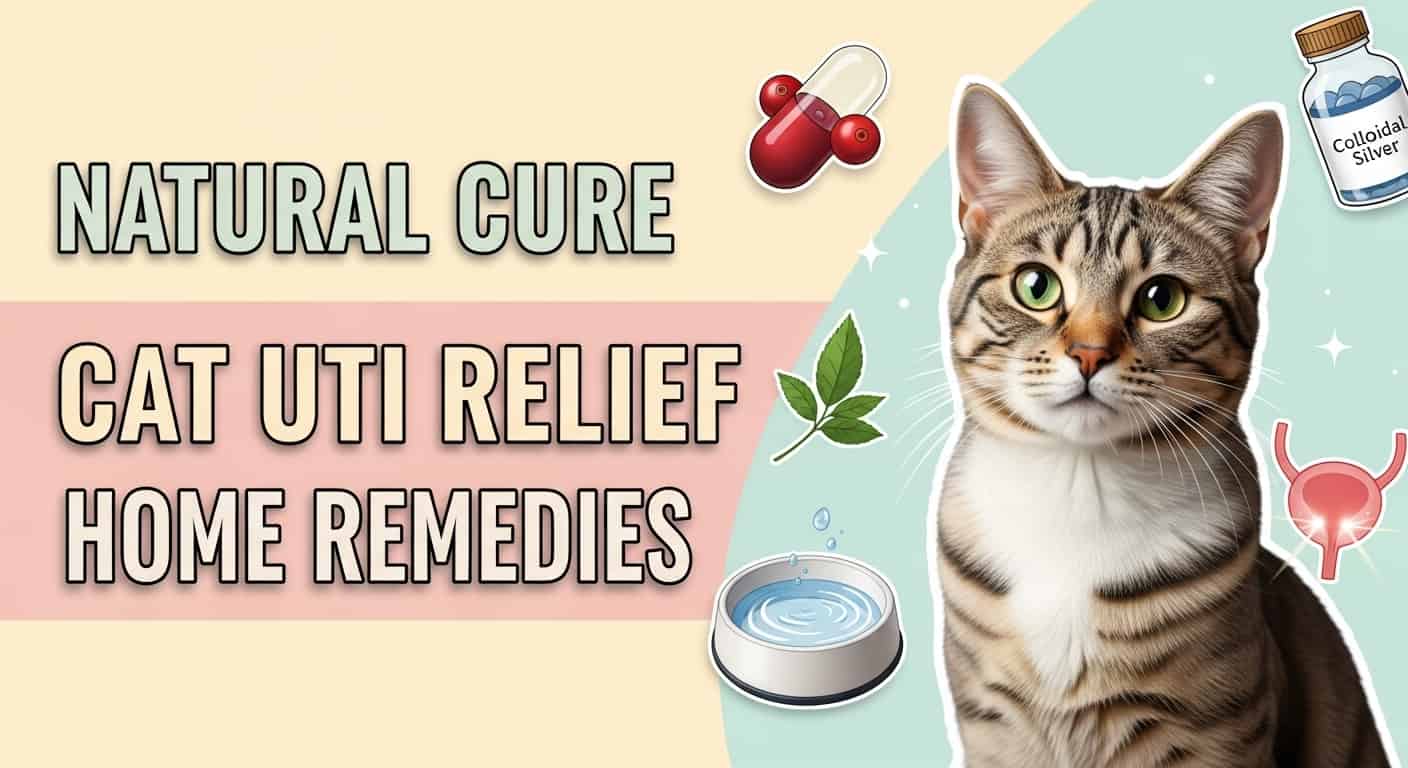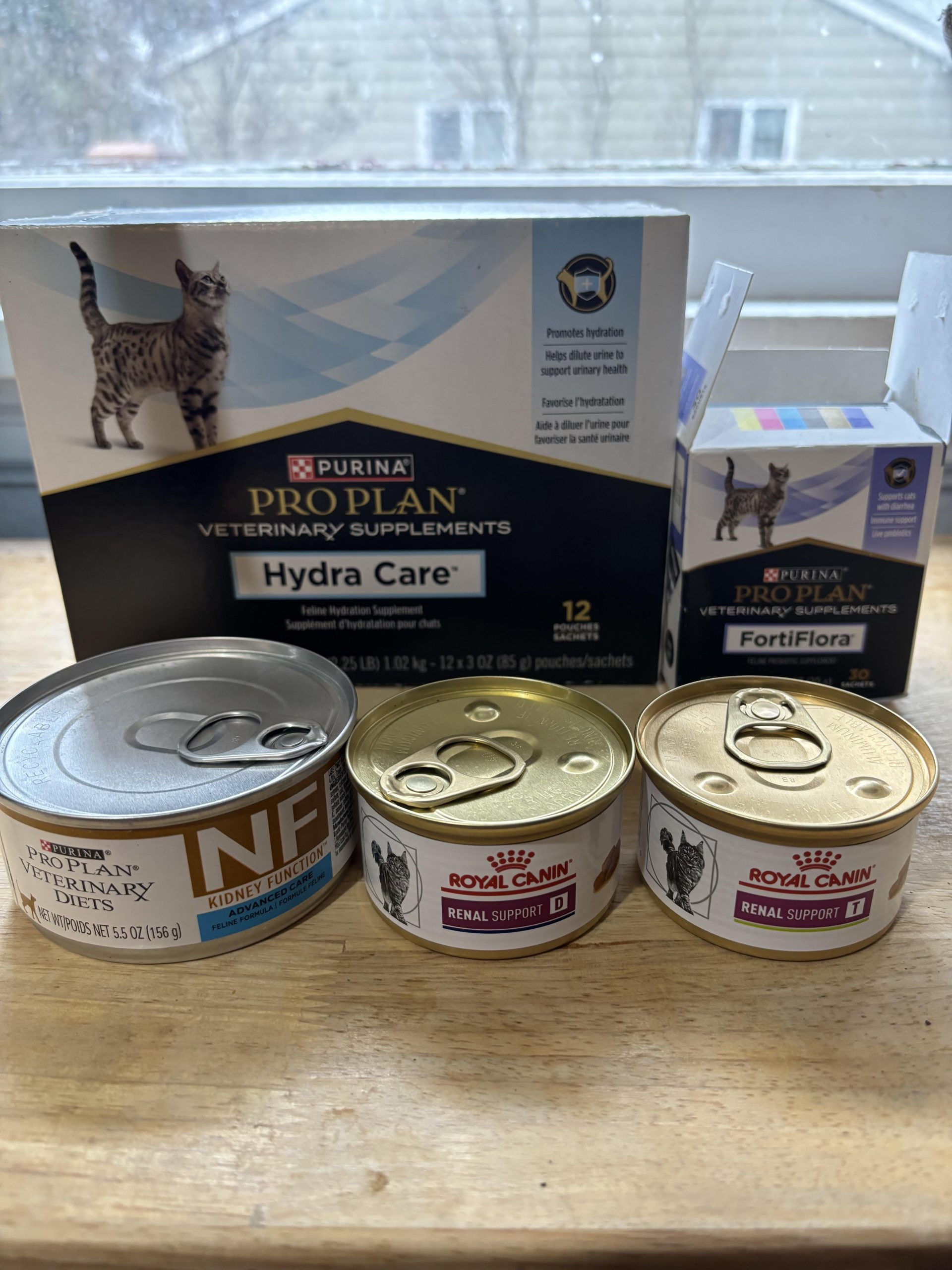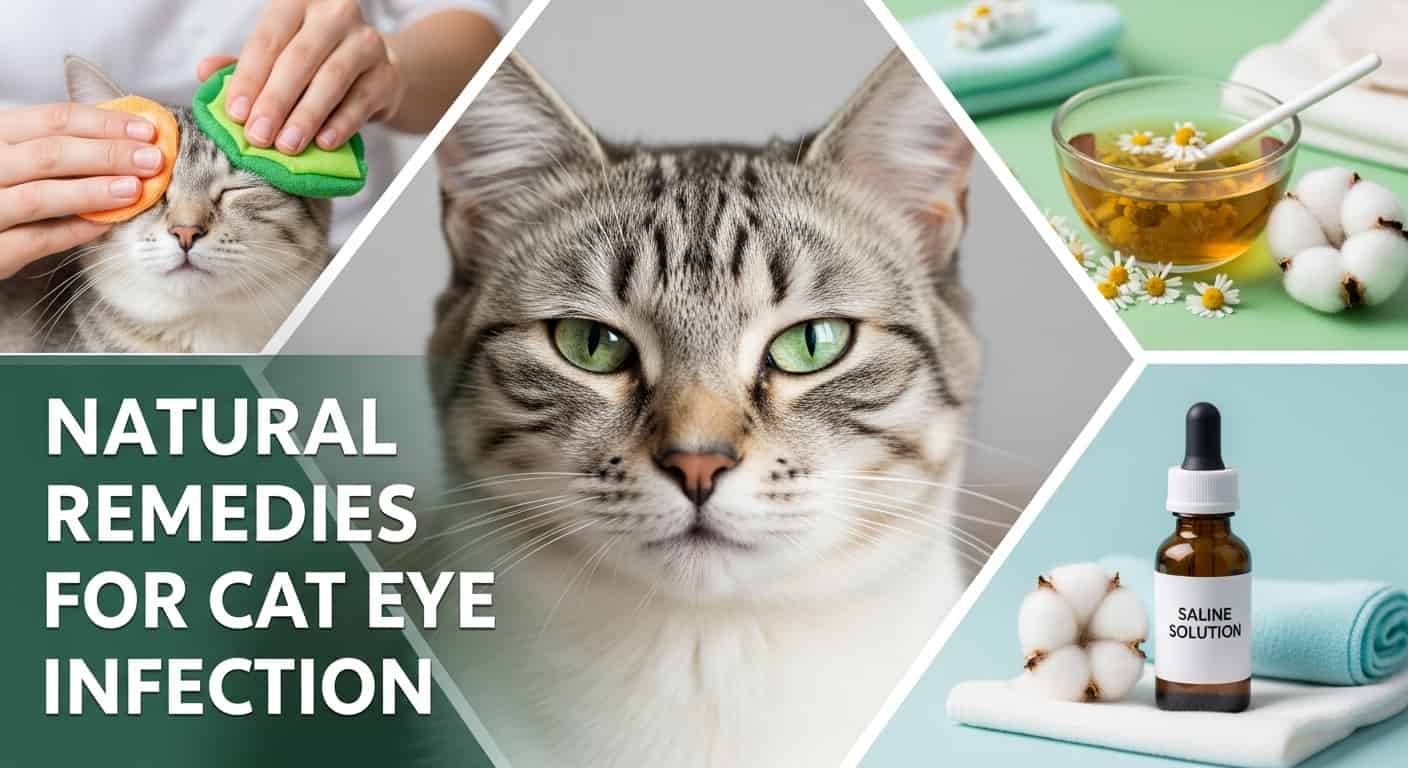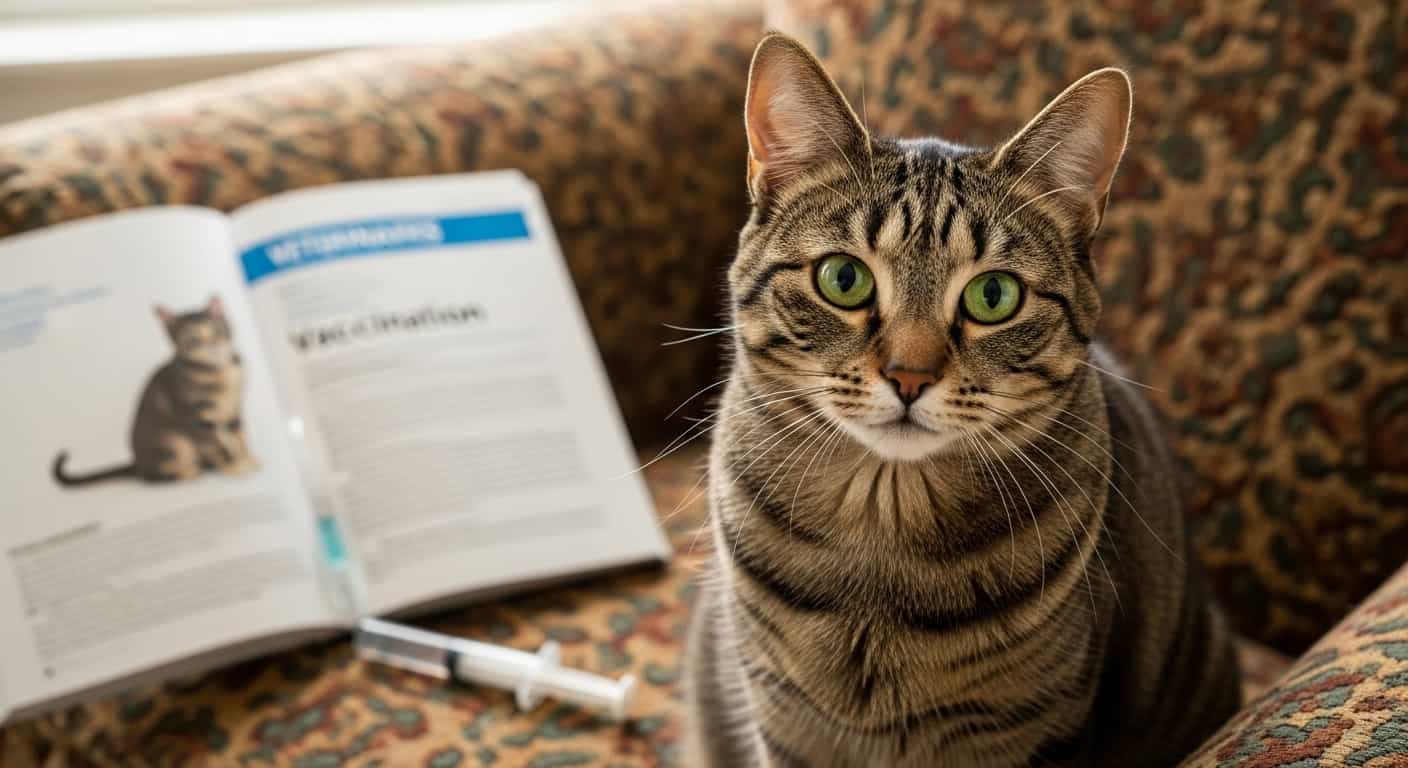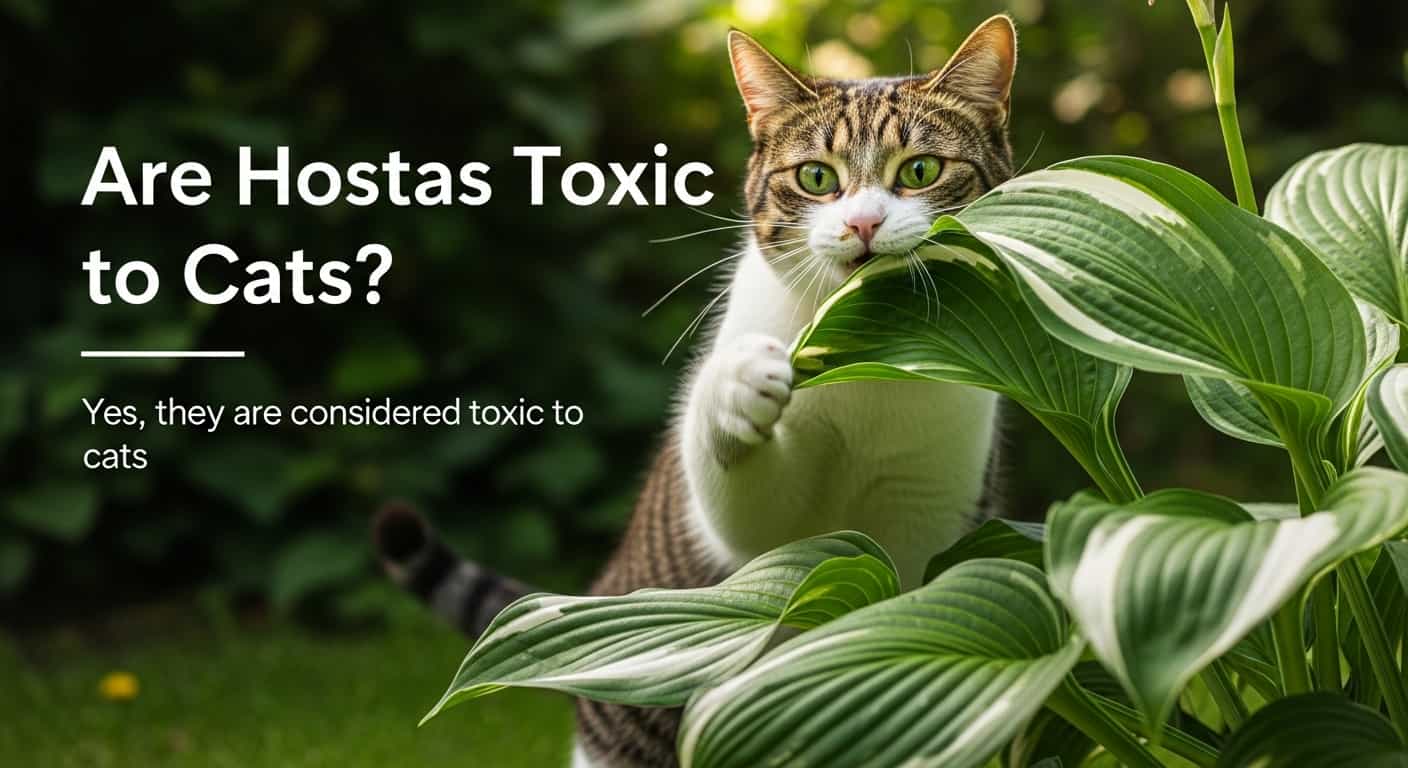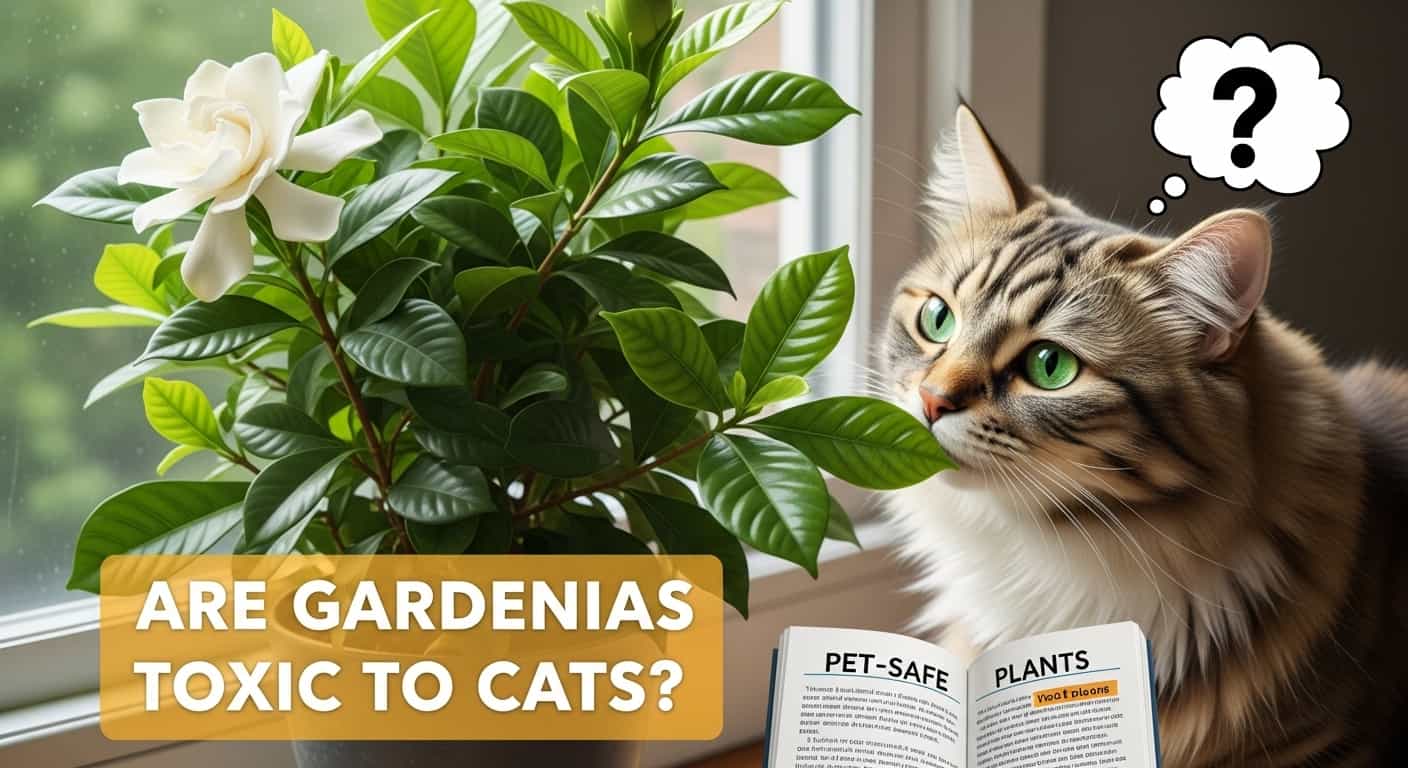Imagine you’re sprucing up your home with beautiful greenery, and a Boston Fern catches your eye. It’s lush, vibrant, and would look perfect in your living room.
Table of Contents
ToggleBut if you’re a cat owner, you might pause and wonder, “Is this safe for my feline friend? ” Your curiosity isn’t just about aesthetics; it’s about ensuring your home is both beautiful and safe. As a cat lover, you understand that your furry companion’s well-being is a top priority.
You’ll uncover the truth about Boston Ferns and their impact on cats. Stick around, and you’ll find peace of mind while enjoying your green oasis.
:max_bytes(150000):strip_icc()/safe-houseplants-for-pets-4588752-FINAL-6e6ebfe61c894bf2a12fa48e5b0e7987.png)
Credit: www.thespruce.com
Boston Ferns And Pet Safety
Boston ferns are safe for cats and not toxic, making them a popular choice for pet-friendly homes. Their lush green fronds add beauty without posing a risk to curious felines. Enjoy the peace of mind knowing your cat can explore freely around these plants.
Boston Ferns and Pet Safety Navigating the world of houseplants can be a challenge when you have curious pets around. Boston ferns are a popular choice for many households due to their lush, green foliage and easy care. But, if you’re a cat owner, the safety of your feline friend comes first. Are Boston ferns safe for your cat to explore, or should they be kept out of reach?Common Household Plants
Many homes boast a variety of indoor plants, each adding a touch of nature and tranquility. Some, like philodendrons and lilies, can pose serious risks to cats. They contain toxins that can cause symptoms ranging from mild irritation to severe illness. It’s crucial to know which plants are safe and which ones to avoid when you have a cat at home. The Boston fern, however, stands out from the crowd. According to the ASPCA, Boston ferns are non-toxic to both cats and dogs. This makes them an excellent choice if you want to green up your space without worrying about your pet’s health. You can breathe easy knowing your cat won’t face harmful effects if it decides to nibble on a frond.Here's a related post that you might find useful. Is Calathea Toxic to Cats? Vet-Approved Safety Guide
Pet-friendly Options
Choosing pet-friendly plants doesn’t mean you have to compromise on aesthetics or variety. Boston ferns are just the beginning of a long list of safe, beautiful plants that can thrive alongside your furry companions. Spider plants, bamboo palms, and areca palms are also safe for cats and can add a vibrant touch to your home. Creating a cat-safe environment doesn’t mean limiting your decor. Consider mixing various textures and colors to create an engaging space. You might discover that your cat enjoys lounging under the leaves of these safe plants, creating a harmonious coexistence in your home. Have you thought about how your plants might affect your pet’s safety? It’s worth taking the time to review your plant collection. Ensuring your home is filled with non-toxic plants is a simple step towards a safe and happy environment for your beloved cat.Understanding Plant Toxicity
Understanding plant toxicity is crucial if you have curious cats roaming your home. You might love decorating your space with lush greenery, but it’s important to know which plants are safe and which aren’t. Boston ferns are popular for their vibrant foliage, but are they safe for your feline friends?
What Makes A Plant Toxic
Plants can be toxic due to the presence of certain chemicals. These chemicals may protect the plant from pests, but they pose a risk to pets. Sometimes, just a nibble can lead to serious health issues.
Consider the allure of green leaves for your cat. While you might think they’re just playing, they could be ingesting harmful substances. Not all plants are dangerous, but understanding the toxic ones is key.
Symptoms Of Plant Toxicity In Cats
Recognizing symptoms early can save your cat from discomfort. Vomiting, drooling, or difficulty breathing are common signs of toxicity. If your cat displays these symptoms, quick action is needed.
You might notice changes in behavior. Lethargy or hiding could suggest something’s wrong. Your vet can provide guidance, but knowing the symptoms can make all the difference.
Have you ever caught your cat munching on your houseplants? It’s a moment of panic. Knowing what symptoms to watch for helps you stay prepared.
Is the peace of mind worth it? Understanding plant toxicity could be the difference between a healthy cat and an emergency vet visit. Are you ready to ensure your home is safe for your furry friend?
Here's a related post that you might find useful. Are Money Trees Toxic to Cats? Vet-Approved Safety Facts
Boston Ferns: Safe Or Harmful?
Boston Ferns: Safe or Harmful?
As a cat owner, you might wonder if your beloved Boston fern poses any threat to your feline friend. These lush, green plants are popular for their beauty and air-purifying qualities. But are they safe for your curious cat to nibble on?
Scientific Studies
Research in the field of plant toxicity has provided valuable insights. The ASPCA lists Boston ferns as non-toxic to cats, implying that occasional nibbling is generally harmless. However, it’s always wise to be cautious with any plant around pets, as their digestive systems can be sensitive.
Studies suggest that while Boston ferns are safe, some cats might still experience mild stomach upset if they ingest large amounts. It’s a reminder to monitor their behavior and ensure they don’t turn your fern into a snack.
Expert Opinions
Veterinarians often advise keeping an eye on your cat’s plant-chewing habits. Dr. Jane Doe, a vet with years of experience, mentions that most cats are deterred by the fern’s texture and taste. Yet, she also notes that individual cat behavior can vary widely.
Experts also suggest providing alternative chewing options like cat grass to divert your cat’s interest away from houseplants. This not only protects your plants but also satisfies your cat’s natural instincts.
Have you ever caught your cat eyeing your Boston fern? How did you handle it? Sharing your experiences can help others navigate similar situations.
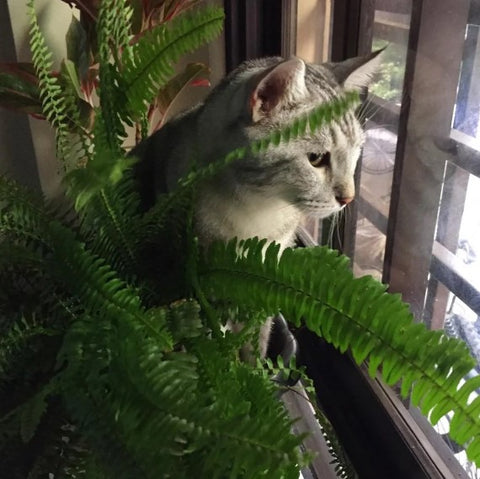
Credit: www.livelyroot.com
Creating A Safe Environment
Creating a safe environment for your feline friend is essential. Cats are naturally curious creatures. They love to explore every nook of your home. This curiosity can sometimes lead to trouble, especially with houseplants. Understanding which plants are safe helps prevent any mishaps. Boston ferns are popular indoor plants. But are they safe for your cat? Let’s explore how to create a safe environment.
Safe Plant Choices
Not all plants are harmful to cats. Choose cat-friendly plants to keep your pet safe. Boston ferns are generally non-toxic to cats. They are a great choice for cat owners. Other safe plants include spider plants and bamboo. Always research plants before bringing them home. Ensure they won’t harm your cat.
Monitoring Your Cat’s Health
Always watch your cat’s behavior around plants. Cats might nibble on leaves out of curiosity. If your cat shows unusual symptoms, consult a vet. Signs of distress include vomiting or lethargy. Early detection helps in preventing serious health issues. Regular check-ups ensure your cat’s well-being. A healthy cat is a happy cat.
Emergency Steps If Ingested
Boston ferns are safe for cats, but if ingested, monitor your pet for any unusual behavior. Offer water to help digestion and consult a vet if symptoms persist. Keep plants out of reach to avoid accidents.
When your curious cat decides to nibble on your Boston Fern, you might find yourself wondering if there’s cause for concern. While Boston Ferns are generally considered non-toxic to cats, it’s crucial to know the emergency steps if your furry friend shows signs of distress. Being prepared can make a significant difference in ensuring your pet’s safety.Recognizing Signs Of Distress
Keep a watchful eye on your cat. Are they acting differently? Look for signs such as drooling, vomiting, or a lack of appetite. These could indicate that your cat’s stomach is upset. Is your cat hiding or showing unusual lethargy? These behaviors can be signs of distress. Cats often hide when they’re not feeling well. Trust your instincts; you know your cat best.Immediate Actions To Take
If you suspect your cat has ingested something harmful, stay calm. Panic won’t help you or your pet. Instead, focus on the next steps. First, remove any remaining fern pieces from your cat’s reach. This prevents further ingestion. Then, offer your cat fresh water to help flush out any potential irritants. Contact your veterinarian immediately. They can provide specific advice based on your cat’s symptoms. Having your vet’s number handy is always a good idea. If you’re unable to reach your vet, consider calling a pet poison hotline. These services can offer immediate guidance. Remember, acting quickly is key. While waiting for professional help, observe your cat closely. Note any changes in behavior or additional symptoms. This information will be valuable for the vet. Have you ever had a similar experience with a different plant? What did you do, and how did it turn out? Sharing your story could help others in similar situations.
Credit: www.livelyroot.com
Alternatives To Boston Ferns
Finding the perfect plant for your home can be tricky, especially if you have curious cats around. While Boston ferns may be a classic choice, their potential toxicity to cats can be a concern. Fortunately, there are plenty of alternative plants that are safe for your feline friends and can still add a touch of green to your living space.
Non-toxic Plant Options
Many plant lovers have discovered that spider plants are not only non-toxic to cats but also resilient to their playful nature. Their long, arching leaves can be a fun distraction for your kitty without the worry of harmful effects.
Consider adding a prayer plant to your collection. Its vibrant foliage offers a pop of color while being completely harmless to your pets. Plus, it has an intriguing feature where its leaves fold up at night, almost like a bedtime ritual.
Another great option is the ponytail palm. Despite its name, this ‘palm’ is actually a succulent. Its unique appearance can be a conversation starter, and it’s perfectly safe for your cat to sniff around.
Decorative Alternatives
If you’re looking for decorative alternatives to Boston ferns, why not try silk or artificial plants? They offer the lush greenery you desire without the worry of toxicity. Plus, they don’t require watering or sunlight.
Wall art featuring botanical themes can also be a beautiful way to bring nature indoors. Whether it’s a painting or a tapestry, these pieces provide a touch of greenery without posing any risk to your pets.
Think about using terrariums with enclosed glass cases. These can house non-toxic plants or even just decorative stones and figurines, creating a mini ecosystem that’s visually appealing and safe from curious paws.
Are you ready to create a pet-friendly plant haven? With these alternatives, you can have a beautiful, green home and peace of mind knowing your cat is safe. Which of these options will you try first?
Frequently Asked Questions
Are Boston Ferns Harmful To Cats?
Boston ferns are non-toxic to cats, making them safe for homes with pets. They are a popular choice for pet owners due to their lush, green foliage. However, while not harmful, it’s best to keep plants out of reach to prevent any potential ingestion or mess.
Can Cats Eat Boston Ferns Safely?
While Boston ferns are non-toxic to cats, it’s not ideal for them to consume. Eating large amounts may cause mild digestive upset. It’s best to monitor your cat and provide safe alternatives like cat grass. Always consult a vet if you notice unusual behavior or symptoms.
What Symptoms Show Fern Poisoning In Cats?
Though Boston ferns are non-toxic, ingestion of other ferns might cause symptoms. Watch for vomiting, diarrhea, or lethargy. If your cat shows these signs, contact your veterinarian immediately. Always ensure plants in your home are safe for your pets.
How To Prevent Cats From Eating Ferns?
To prevent cats from eating ferns, place them out of reach or use deterrents. You can try using citrus peels, which cats dislike, or providing safe plants like cat grass. Engaging your cat with toys can also distract them from the ferns.
Conclusion
Boston ferns are safe for cats. No toxic effects on our feline friends. This makes them a good choice for homes with pets. They add beauty without worry. Always keep plants out of reach, though. Some cats love to chew! Your home can be both green and safe.
Enjoy decorating with peace of mind. Remember, a happy cat means a happy home. Choose plants wisely. Boston ferns can be a great addition. They offer a lush look without risks. Perfect for pet owners who love greenery.

